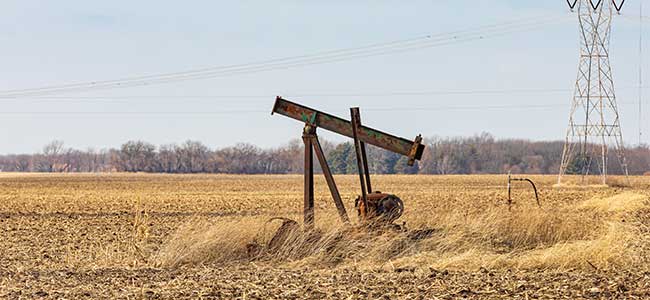
USDA Forest Service Targets Methane Leaks from Orphaned Wells
The USDA Forest Service is partnering with state agencies to plug orphaned oil and gas wells on federal lands, aiming to reduce methane emissions and environmental hazards.
- By Robert Yaniz, Jr.
- Oct 08, 2024
The U.S. Department of Agriculture’s Forest Service is taking action to address the environmental risks posed by orphaned oil and gas wells on federal lands. In partnership with state agencies, the Forest Service is using funding from the Infrastructure Investment and Jobs Act to plug these wells, many of which release harmful methane emissions into the atmosphere.
According to the Forest Service, recent efforts in east Texas led to the successful capping of 10 orphaned wells in the Sabine and Angelina National Forests through an agreement with the Texas Railroad Commission. The Forest Service has received roughly $40 million to work with states to plug the wells, identify additional sites and remove outdated equipment.
“Orphaned wells and abandoned infrastructure present challenges for human health and the environment. If left unplugged, orphaned wells can leak methane – a potent greenhouse gas – and serve as a conduit for contaminants to reach surface and groundwater,” Jacob Deal, an air resource specialist with the Forest Service’s Southern Region said in a statement.
The issue is extensive, with more than 117,000 known orphaned wells across the U.S., and estimates suggesting that number could rise to 800,000 if unknown orphaned oil and gas well are considered. On public federal lands, around 16,000 orphaned wells have been identified.
The Forest Service has plans in place to address orphaned wells in national forests in Pennsylvania, Ohio, Kentucky, and other Eastern and Southern states. By focusing on methane emissions and environmental impacts, the agency aims to reduce pollution and improve land management for recreation and conservation. For more information, visit the agency’s website.
About the Author
Robert Yaniz, Jr. is the Content Editor for Environmental Protection.